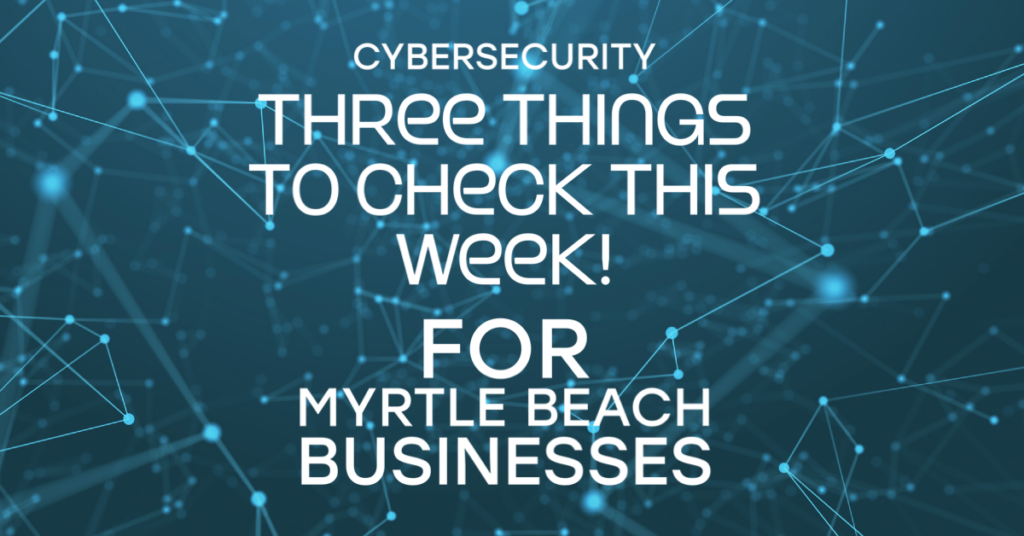In an increasingly digital world, cybersecurity has become a critical concern for businesses and individuals alike. But what exactly are cybersecurity services, and what do they encompass? This blog post from Acuuis aims to demystify cybersecurity services, outlining their scope, components, and why they are essential for protecting digital assets in today’s interconnected world.
1. Understanding Cybersecurity Services
Cybersecurity services refer to the practices, technologies, and processes designed to protect networks, devices, programs, and data from attack, damage, or unauthorized access.
Key Components:
- Risk Assessment: Identifying vulnerabilities within your network and systems.
- Threat Intelligence: Staying informed about emerging cybersecurity threats.
2. Network Security
One of the primary aspects of cybersecurity services involves securing a network against unauthorized intrusion and ensuring safe and reliable data transmission.
Key Services:
- Firewall Management: Setting up and managing firewalls to prevent unauthorized access.
- Intrusion Detection Systems (IDS): Monitoring network traffic for suspicious activity.
3. Data Protection and Privacy
Protecting sensitive data from breaches and theft is a cornerstone of cybersecurity services.
Key Services:
- Data Encryption: Encrypting data to protect it from unauthorized access.
- Data Loss Prevention (DLP): Strategies to prevent data breaches and loss.
4. Identity and Access Management (IAM)
IAM involves ensuring that only authorized individuals have access to specific resources in your organization.
Key Services:
- Multi-Factor Authentication (MFA): Adding layers of security beyond just passwords.
- User Privilege Management: Controlling access levels for different users.
5. Endpoint Security
This aspect of cybersecurity focuses on protecting the devices that connect to your network (like computers, smartphones, and tablets).
Key Services:
- Antivirus and Anti-malware Software: Protecting devices from malicious software.
- Device Management: Ensuring all devices meet security standards.
6. Cybersecurity Compliance and Auditing
Ensuring compliance with laws, regulations, and policies related to cybersecurity is crucial for legal and operational reasons.
Key Services:
- Regulatory Compliance: Adhering to industry-specific security standards.
- Security Auditing: Regular assessments of your cybersecurity posture.
7. Incident Response and Recovery
Cybersecurity services also include preparing for and responding to cybersecurity incidents or breaches.
Key Services:
- Incident Response Planning: Developing plans for responding to cybersecurity incidents.
- Disaster Recovery: Strategies for data and system recovery post-breach.
8. Cybersecurity Training and Awareness
Educating employees about cybersecurity best practices is an essential part of a comprehensive cybersecurity strategy.
Key Services:
- Employee Training Programs: Educating staff about security threats and best practices.
- Phishing Simulation Exercises: Testing employee awareness and preparedness.
Conclusion
Cybersecurity services are an essential aspect of modern business operations, encompassing a range of strategies and tools designed to protect against digital threats. As cyber threats continue to evolve, having robust cybersecurity measures in place is not just advisable but imperative for safeguarding your digital assets.
Contact Acuuis to learn more about how our comprehensive cybersecurity services can protect and empower your business in the digital landscape.



